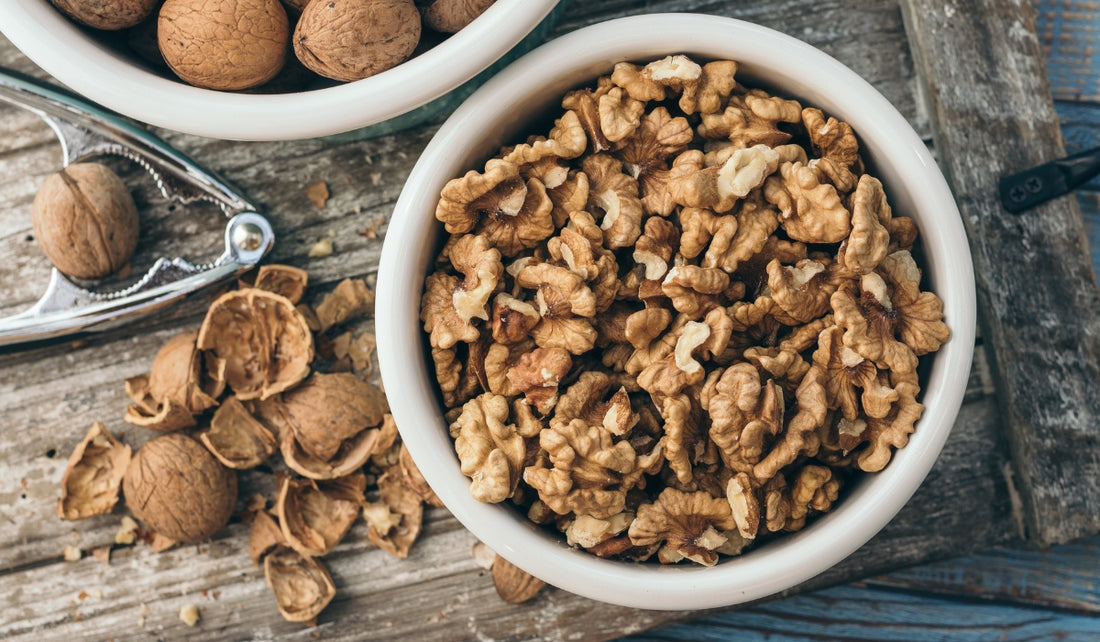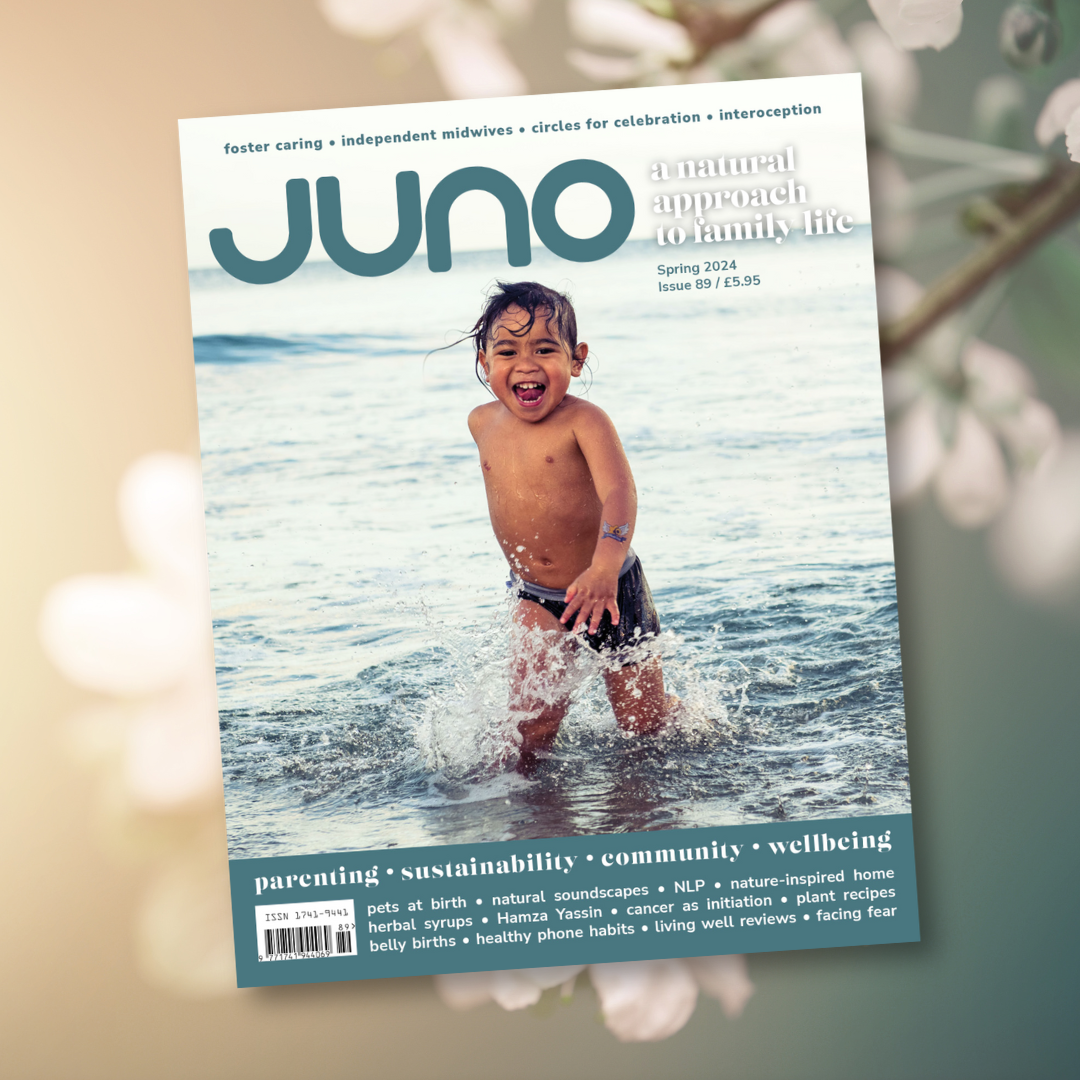Preparing the body to create and nurture a baby is a wonderful time – the very beginning of a new and significant life journey. In an ideal world it is good to start nourishing your body for conception at least 3–4 months before you start trying to conceive. This is because it takes about that time for the sperm and eggs to mature before they are released. That said, it is never too late to start.
One of the primary nutrients is fat. Essential fatty acids are vital for healthy hormones. Avocados can be spread on toast or added to a shake every day, and you can enjoy mackerel, sardines, herring and trout about three times a week. Bigger fish such as tuna may have a high mercury content so are best avoided. Other foods rich in essential fatty acids include ground or soaked flax seeds, walnuts and hemp seeds.
Saturated fat is also important for hormones, so planning for a baby is not the time to be cutting out the butter – in fact, have butter and ghee on your vegetables and grains as much as you can. A delicious vegan alternative is cold-pressed raw coconut oil, used in the same way or added to desserts or smoothies. Phospholipids, a type of fat found in egg yolks, are vital for babies’ brain development, so it is a good idea to start breakfasting on an egg or two as soon as you can. Vegans can supplement with plant-derived lecithin granules, which taste nice and can be added to morning oats or sprinkled on top of grains or vegetables.
Protein (eggs, wild game, beans, nuts, seeds and fish) is a vital ingredient for making a baby, and many protein foods are rich in other valuable nutrients. I would suggest that non-vegetarians include meat or fish in every meal. Vegetarians should try to eat two protein foods each time. Think about adding sprouted beans or nuts to all your grains and basing meals on beans, tempeh, quinoa and eggs. If you think you need a protein boost, try a delicious peanut butter shake made by blending a large glass of almond or hemp milk with two tablespoons of peanut butter, cinnamon and vanilla to taste, and some shelled hemp seeds or a natural protein powder.
Most women planning for a baby are aware of the importance of folic acid (to help form the spinal cord) and may already be taking a supplement. However, there are plenty of other nutrients to consider. B vitamins (of which folic acid is one) are very important for fertility, so choose whole grains, avocados (invaluable when planning a baby and when you are pregnant), cauliflower, eggs, spinach and meats. Vitamin C (citrus fruits and green vegetables) is important for egg formation, Vitamin A (mangos, papaya, butter, sweet potatoes and broccoli) is needed for the development of the embryo, and vitamin E (asparagus, watercress and alfalfa) is valuable for fertilisation.
When it comes to fertility, men’s nutrition is just as important. Pay particular attention to zinc (pumpkin seeds, mushrooms and shellfish) and selenium (halibut, cod, sardines, shrimp, blackstrap molasses, crimini and shiitake mushrooms, and green vegetables).
Magnesium is a vital nutrient for both men and women. It is found in green vegetables, cashew nuts, almonds and dark chocolate.
Finally, it is important to think about rest: when do you have true calm in your day? In balance with rest, movement is also beneficial. It is a nice idea to start an exercise regime that you will enjoy while you are carrying your baby bump so that it can be a happy habit before you are too tired to think about finding a new class. Ideas include hatha yoga, t’ai chi, power walking and gentle dance.
____
Marissa-Catherine Carrarini is a naturopathic nutritional therapist. She lives in London with her husband Tom and her son Elijah.
____
Published in issue 29. Accurate at the time this issue went to print.



